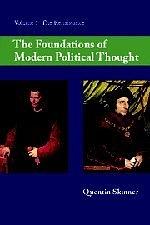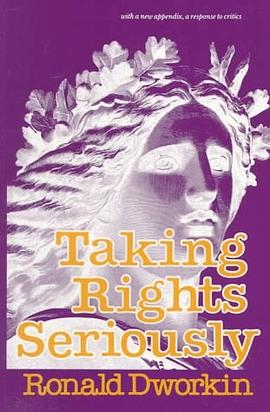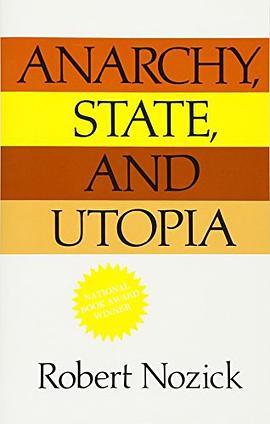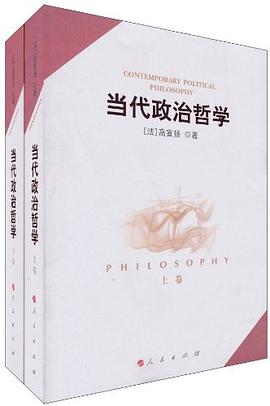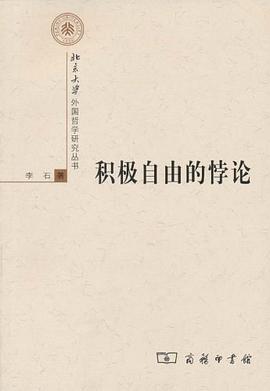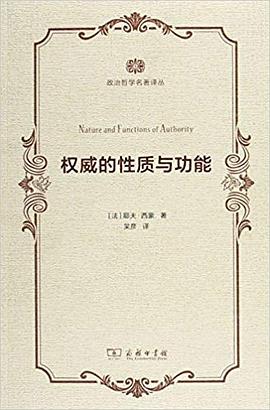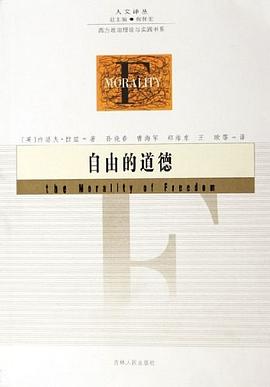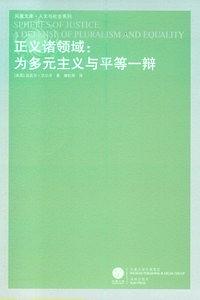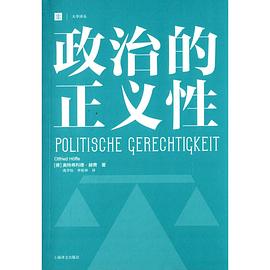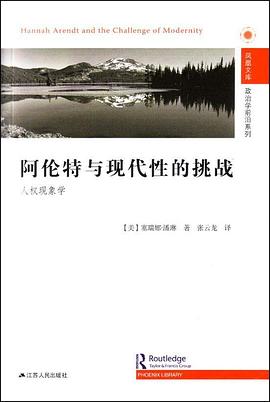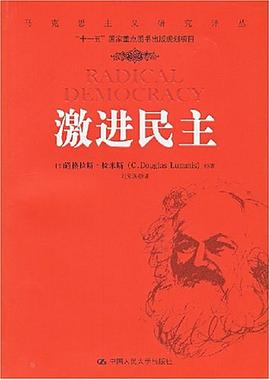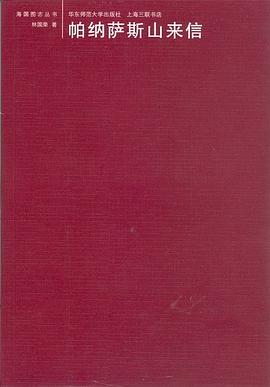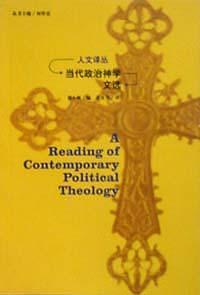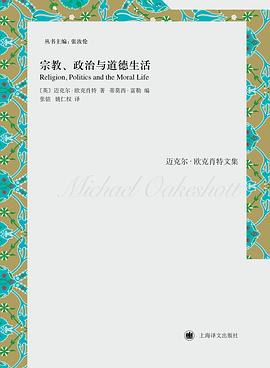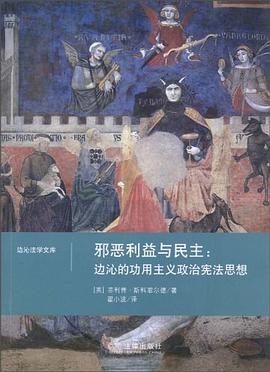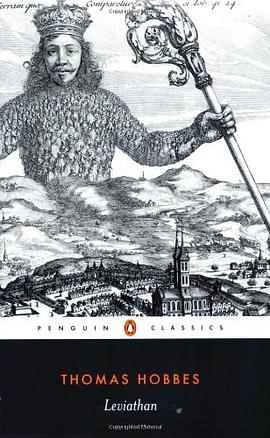

具體描述
“During the time men live without a common Power to keep them all in awe, they are in that condition which is called Warre”
Written during the turmoil of the English Civil War, Leviathan is an ambitious and highly original work of political philosophy. Claiming that man’s essential nature is competitive and selfish, Hobbes formulates the case for a powerful sovereign—or “Leviathan”—to enforce peace and the law, substituting security for the anarchic freedom he believed human beings would otherwise experience. This worldview shocked many of Hobbes’s contemporaries, and his work was publicly burnt for sedition and blasphemy when it was first published. But in his rejection of Aristotle’s view of man as a naturally social being, and in his painstaking analysis of the ways in which society can and should function, Hobbes opened up a whole new world of political science.
Based on the original 1651 text, this edition incorporates Hobbes’s own corrections, while also retaining the original spelling and punctuation, to read with vividness and clarity. C. B. Macpherson’s introduction elucidates one of the most fascinating works of modern philosophy for the general reader.
For more than seventy years, Penguin has been the leading publisher of classic literature in the English-speaking world. With more than 1,700 titles, Penguin Classics represents a global bookshelf of the best works throughout history and across genres and disciplines. Readers trust the series to provide authoritative texts enhanced by introductions and notes by distinguished scholars and contemporary authors, as well as up-to-date translations by award-winning translators.
著者簡介
Thomas Hobbes (1588-1679) was born in Malmesbury. Entering Magdalen Hall, Oxford, in 1603, he took his degree in 1608 and became tutor to the eldest son of Lord Cavendish of Hardwick, afterwards the Earl of Devonshire; his connection with this family was life-long. His first interest was in the classics, and his first published work a translation of Thucydides, in 1628. An interest in science and philosophy soon developed, heightened by extended travels in Europe in 1629-31 and 1634-37. This led to his great project of a political science. His first verson of this, The Elements of Law, Natural and Politic, was privately circulated in 1640, when Parliament was hotly disputing the king’s powers, and Hobbes fled to Paris, where he stayed for eleven years.
A second version, De Cive, was published in 1642, and the third, Leviathan—the crowning achievement of his political science—in 1651. It was so influential that it came under widespread attack and was in danger of condemnation by the House of Commons. Hobbes perforce lived quietly and published little more on political matters. At the age of eighty-four he composed an autobiography in Latin verse, and within the next three years translated the whole of Homer’s Odyssey and Iliad.
圖書目錄
讀後感
很惭愧我才看完这本震古烁今的政治哲学著作。作者托马斯 霍布斯生活在17世纪,出身贫寒,不过自幼聪颖好思考,去了一个大伯爵家当家庭教师,自此走入上流社会,与迄今仍然影响力很大的名流交往,这些人包括伽利略、培根、笛卡尔。他的一生是不断适应环境、力图生存的一生,曾在...
評分应北京大学“大学堂”顶尖学者讲学计划的邀请,著名思想史家、历史学家、伦敦玛丽皇后学院教授昆廷·斯金纳(Quentin Skinner)于近日访问北京大学,并发表系列演讲。4月11日晚,斯金纳教授发表其系列演讲的第三讲。本次演讲由北京大学哲学系李猛教授主持。 在本次演讲中,斯金...
評分霍布斯的论证非常有逻辑,注意到了很多可能反驳的地方,值得学习。 1.自然状态。(十三章) 霍布斯对自然状态的论证是从人性角度出发的,他认为人有三种欲望,使之争斗:竞争、猜忌、荣誉。 分别代表着利益获得、利益损失(安全)、心理优越。 霍布斯自然状态的前提假设是平等...
評分今天翻了一下读书笔记,找到今年9月份的旧稿,时隔两个月后,读了些解读利维坦的文章和书籍,对本文越发不满意,尤其是最后一部分。现在删掉了一些文字,还有将近一万字,发出来给徐驭尧和刘晴过目一下,有时间重新写一篇。又:9月份的时候并不是很了解施特劳斯——当然现在也...
評分这次抗疫,引发全国以举国之力,众志成城,发挥了体制优势。看到武汉方舱病床上的小伙子,看福山的“政治秩序的起源”。其实,想了解国家体制的起源,他应该看这本书-利维坦。 该书在本科时,是政治哲学必读书。但真正读懂,是在毕业以后。利维坦是圣经里的巨大怪物,作者霍布...
用戶評價
在綫錶揚大企鵝的排版!文段旁邊寫齣處的地方給瞭對上麵的內容很好的概述,所以roadmap超級容易!
评分給5星不是因為我同意他的觀點,而是從他那個時代來看這本書,真是大膽、創新。不過十七世紀的英語真是好纍啊朋友。Also, did Mao read this? 可怕。
评分part1 (ch6, 13)
评分part1 (ch6, 13)
评分part1 (ch6, 13)
相關圖書
本站所有內容均為互聯網搜索引擎提供的公開搜索信息,本站不存儲任何數據與內容,任何內容與數據均與本站無關,如有需要請聯繫相關搜索引擎包括但不限於百度,google,bing,sogou 等
© 2025 book.quotespace.org All Rights Reserved. 小美書屋 版权所有

